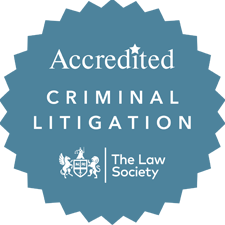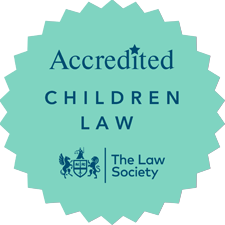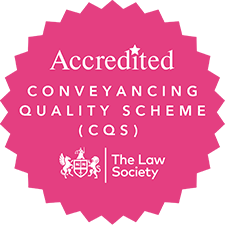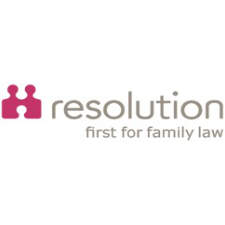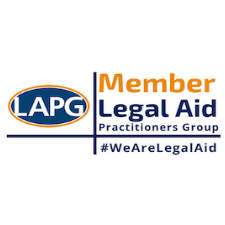Threshold is an important document in Care Proceedings which sets out a list of concerns and is different for each case. This document is designed to prove to the Court that a child is suffering or is at risk of suffering significant harm. The Court will consider this document to determine whether to make a Care Order or a Supervision Order. The threshold criteria is set out in Section 31(2) of the Children Act 1989.
What does the Local Authority have to prove to Court?
The Social Services department of the Local Authority must prove that a child is suffering, or is likely to suffer, significant harm and the harm, or likelihood of harm, is attributable to either the care given to the child, or likely to be given to him if the order were not made, not being what it would be reasonable to expect a parent to give to him; or the child is beyond the parents’ control. This means that the Local Authority need to show that the child is suffering significant harm or is likely to suffer harm.
Harm is defined in Section 31(9) of the Children Act 1989 as the ill-treatment of a child or the impairment of their health or development. This can include harm caused by seeing someone else being mistreated, for example, witnessing domestic abuse. The element of ‘significant’ is not defined in law but relates to the impact of harm to the child’s health or development. Case law has clarified that significant harm could mean ‘considerable, noteworthy or important’. [1]
In Re B (Care Proceedings: Appeal) [2013], the Supreme Court said that a child is ‘likely to suffer’ when there has been a real possibility which cannot be ignored due to the gravity of the feared harm. [2] Sometimes past events can be used to prove why a child is likely to suffer significant harm and this has been confirmed in a number of reported cases. [3]
What are the different categories of harm?
There are number of categories of harm that a child can suffer, and they include:
- Physical abuse,
- Sexual abuse,
- Emotional abuse,
- and neglect.
Harm can be caused by a parent or carer’s actions or their failure to prevent harm from happening.
What happens after threshold has been met?
If the Court determines that the threshold criteria has been met, then the Court will consider the welfare test to decide whether or not to make a Public Law Order. The welfare test includes:
- the ascertainable wishes and feelings of the child (dependant on their age and understanding),
- the child’s physical, emotional, and educational needs,
- the effect on the child of any change in his circumstances,
- the child’s age, sex, background and any other characteristic which the Court considers relevant,
- any harm the child has suffered or is at risk of suffering,
- how capable the parents are and any other person in relation to whom the Court considers relevant, is able to meet the child’s needs,
- and the range of powers available to the Court.
What is a response to threshold?
During Care Proceedings, if you are a parent or have parental responsibility for a child you will be joined as a party to the proceedings and asked to provide a written response to the threshold. This means that you will have a chance to set out your position to the Court and the other parties. The threshold document will contain specific incidents and facts that must be proved which focus on the harm a child has suffered or is likely to suffer. Parents have the opportunity to respond to the threshold to present their side of the story and any challenge to the allegations. If threshold is not agreed the Court will need to hear evidence to establish whether the facts relied upon by the Local Authority are proven. At Johnson Astills, we can help you to navigate complex Court Proceedings provide guidance and advice throughout the process.
If Social Services have indicated that they intend to issue Care Proceedings in relation to a child, or if they have already done so, it is vital that you seek legal advice at the earliest opportunity and we can help assist you at Johnson Astills.
How can we Help?
We appreciate how distressing this situation can be and for this reason, our Care Team at Johnson Astills can offer advice, assistance, and representation at all stages of the Local Authority’s involvement including assistance in relation to Court Proceedings.
Please contact Johnson Astills at either our Leicester office on 0116 255 4855 or our Loughborough office on 01509 610 312 and ask or a member of the Care Team. Alternatively you contact us through our free online enquiry form or email us at careteam@johnsonastills.com and a member of our team will be happy to assist you.


